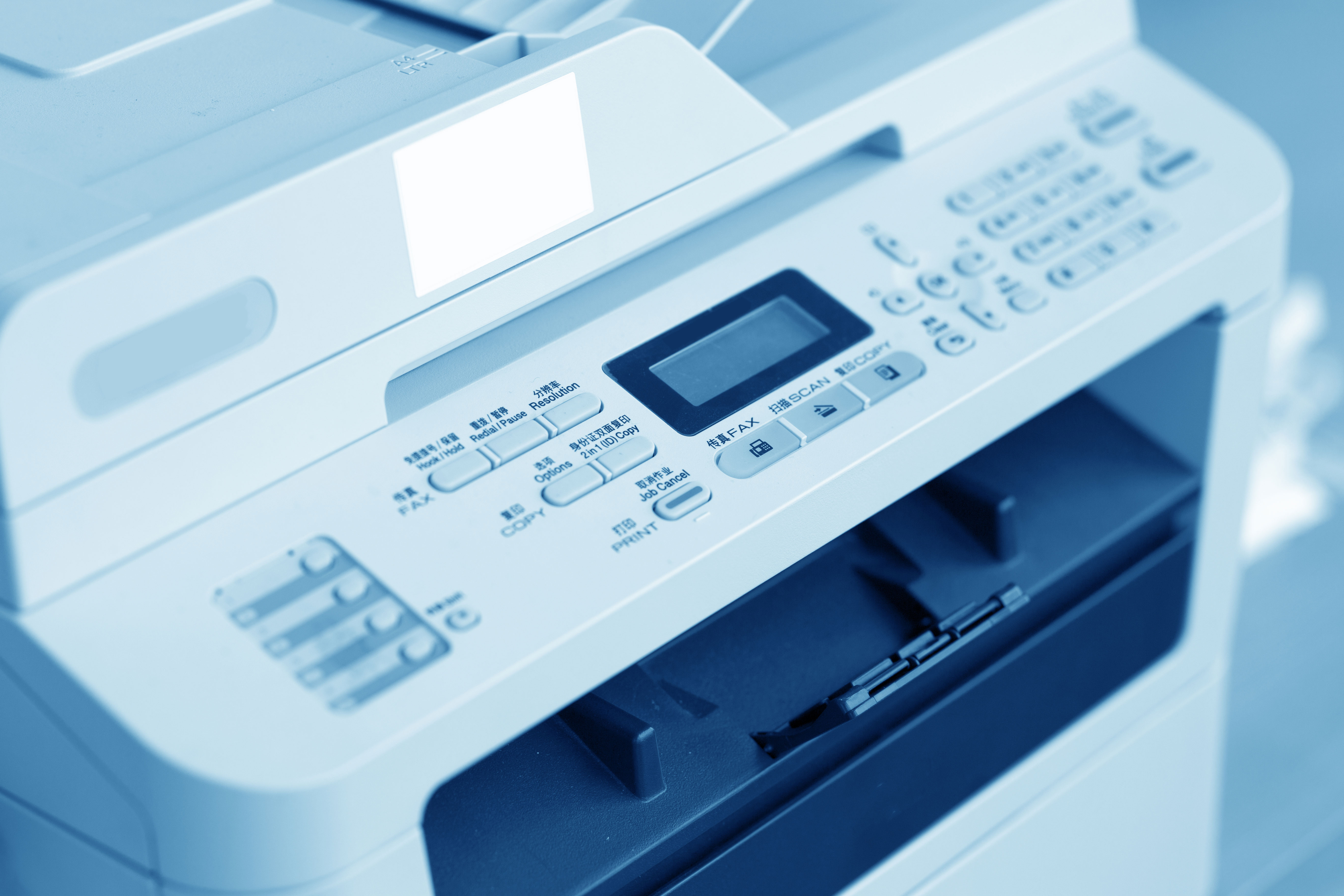Disposal of Expired Veterinary Drugs
Disposal of Expired Veterinary Drugs
With so much to keep track of in a veterinary practice, drug disposal can sometimes slip past the radar. After all, your top concern is keeping fur kids, horses, exotic pets, etc. healthy and strong, and that often comes hand in hand with pressing demands, hectic days, and unexpected events.
Yet as in any medical practice, there are important guidelines for the proper disposal of medications that are unused, leftover, or expired. Did you know, for example, that according to the Arizona Administrative Rules for Arizona Veterinarians, Prescription-Only Drugs (not including controlled substances) need to be returned to the wholesaler or destroyed within 30 days past expiration?
In other words, all veterinarians must destroy any “non-controlled drugs” within a rather limited timeframe. Plus, ensuring proper record-keeping, especially for any controlled substances, is crucial for DEA compliance. It’s also key to ensure patient safety by preventing old or unsafe products from getting to pet families.
To help ensure the safety of pets, we recommend starting by setting up a regular (weekly or biweekly) auditing process of pharmaceuticals. Check for products that have expired or will expire by the next check and remove them from current stock. Store in a secure location until you can return them to the manufacturer or properly destroy them. (Remember the 30-day time limit.) Then log the substance in your records for compliance.
Proper Drug Disposal
To help ensure your practice is in compliance with this regulation, fortunately, at 123 Compliant Logistics, both controlled (i.e., CIIs, CIII-V) and non-controlled substances can be placed in the same box and shipped together to be destroyed.
Expired or unused medications not only need to be handled by veterinarians but by pet parents. Yet many of these types of drugs linger in the backs of drawers or pantries as people aren’t sure what to do with them. Flushing them down a toilet or sink can lead to contamination of streams, rivers, groundwater, and drinking supplies, so it’s important to understand how to properly dispose of these types of products once they leave the clinic as well.
When used correctly, prescription and over-the-counter medications can help animals recover and heal. But if misused, they can lead to problems, including:
- Poisoning of pets—animals finding and eating leftover medications, animal or human, is the leading cause of pet poisonings. After all, many pets are notorious for getting into things they shouldn’t.
- Water contamination—drugs flushed into waste systems—whether septic tank system or municipal sewage water treatment—can’t be entirely eliminated. As a result, pharmaceuticals of every kind have been found downstream in rivers, streams, and drinking water.
Consumers can take advantage of various prescription drug disposal programs, even for pet pharmaceuticals. These may be run by a local clinic or pharmacy, law-enforcement agency, or municipalities. Consumers can discuss options with their local veterinary office to find one that’s convenient.
Once received by a proper disposal company like 123 Compliant Logistics the medications are appropriately destroyed in an incinerator that’s been specifically approved for drug disposal.
How to Protect Pets and the Environment
- Encourage customers to administer medications as directed for their pet’s particular issue.
- Remind them to never flush medications down the drain and provide recommendations on where to take unused products, such as through authorized take-back events, mail-back programs, or collection receptacles. Only accept unused or expired medications from your customers if you are authorized to do so.
References:














